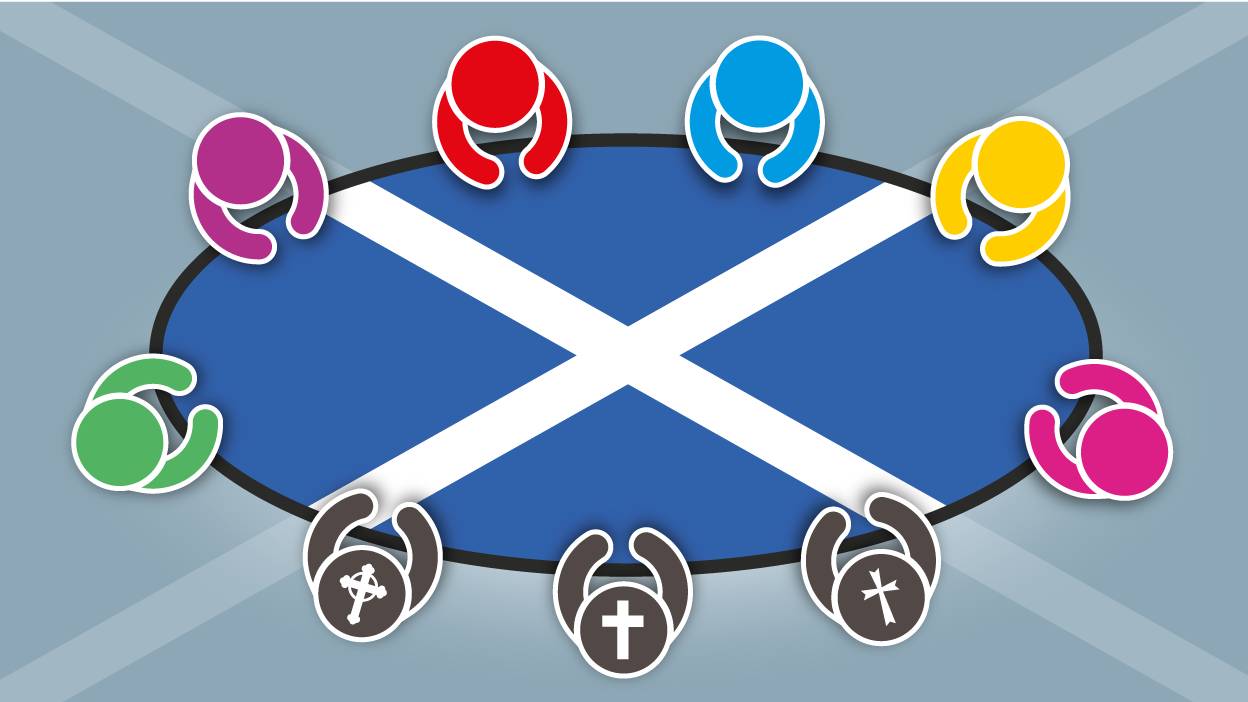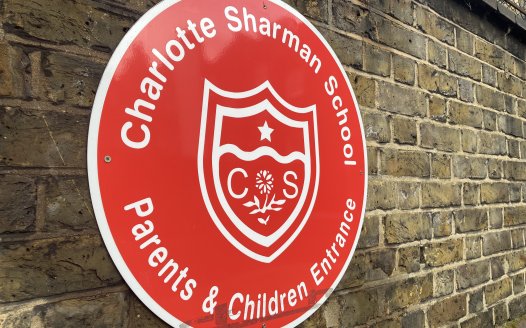Fife Council ends voting powers for religious appointees
Posted: Thu, 22nd Jun 2023
Fife Council has become the third Scottish council this year to end voting privileges for unelected religious appointees.
The National Secular Society welcomed Fife Council's decision to end voting concessions for the religious representatives sitting on the cabinet and education committees.
Councillors voted 36 to 32 in favour of removing their voting privileges in a full council meeting today.
The NSS and local humanists briefed councillors ahead of the meeting, urging them to strip religious representatives of voting privileges. The NSS said no one should be granted "a privileged place in local democracy just because of their religion".
The Local Government (Scotland) Act 1973 obliges local authorities in Scotland to appoint three religious representatives to their education committees, at least one of whom must be appointed by the Roman Catholic Church and one by the Protestant Church of Scotland.
Such representatives have voting privileges in most councils, enabling them to influence local education policies affecting both faith and non-faith schools. At Fife Council, they are the only unelected members granted such concessions.
A motion was originally brought forward by Liberal Democrat councillors in 2022 aiming to consider a fair and democratic solution to managing religious representatives. Labour proposed a vote to maintain their voting powers and review again in 2027. The motion was amended by the Scottish National Party Cllr David Barratt to remove their votes entirely.
Following the vote, Lib Dem councillor Al Clark said: "Whilst we respect that religious reps can have an opinion, it is undemocratic for them to express a vote that could have an impact on the education of our children.
"They are not accountable, unlike elected members who are voted to represent our communities".
The Church of Scotland's own former representative in Fife, Brian Blanchflower, also supported the motion, saying voting is for democratically elected members.
Fife is particularly nonreligious. In the 2011 census, those with no religion were the largest religion or belief group, at over 46% (the Scottish average was nearly 37%). Approximately 31% of people in Fife were Church of Scotland and 9% were Roman Catholic.
The most recently available Scottish Social Attitudes Survey data shows 58% of Scots (including 74% of 18–34s) have no religion.
The legal requirement for Scottish councils to appoint religious representatives is being increasingly challenged by local authorities. In 2019 Perth and Kinross Council became the first to strip them of voting privileges. Following campaigning from the NSS and others, Moray Council and Scottish Borders Council followed suit. In May, Orkney Council and Highland Council voted to remove voting privileges for religious reps.
Scotland's former Education Secretary Shirley-Anne Somerville MSP has told the NSS there are "no plans" to end places for religious appointees on education committees.
NSS: 'We hope other councils follow suit'
Head of campaigns Megan Manson said: "It's fantastic that Fife has become the latest council to end the unfair voting privileges granted to religious representatives.
"They are now the third Scottish council within the past two months to make this move. Momentum is clearly gathering across Scotland as more councillors realise that giving unelected religious appointees a vote is undemocratic and unequal.
"The Scottish government should take notice of the growing unpopularity of religious reps and work to revoke the law that requires them on councils in the first place."
Remove religious reps
Scottish law requires education committees to include three religious appointees. Help us change that.








